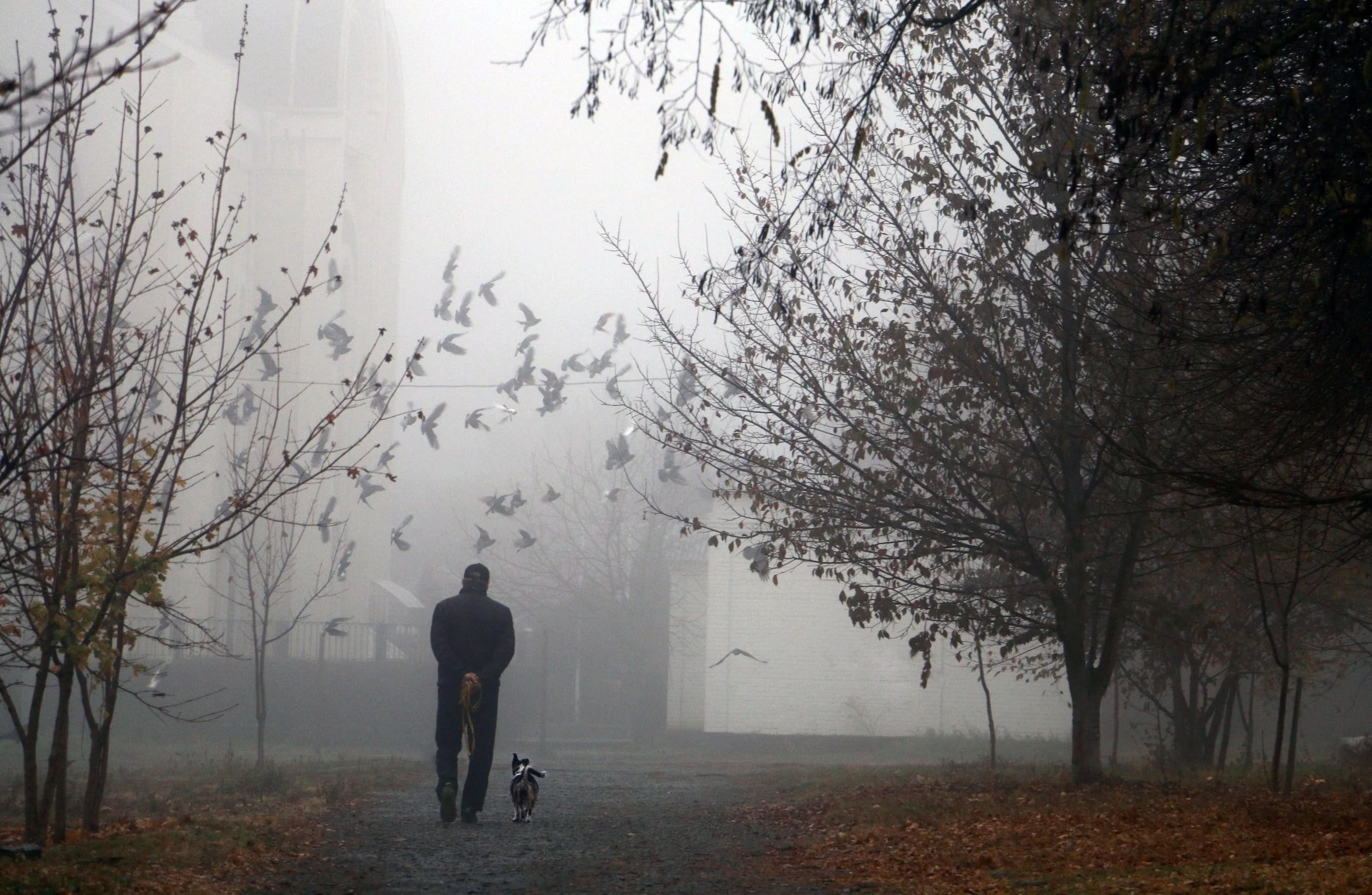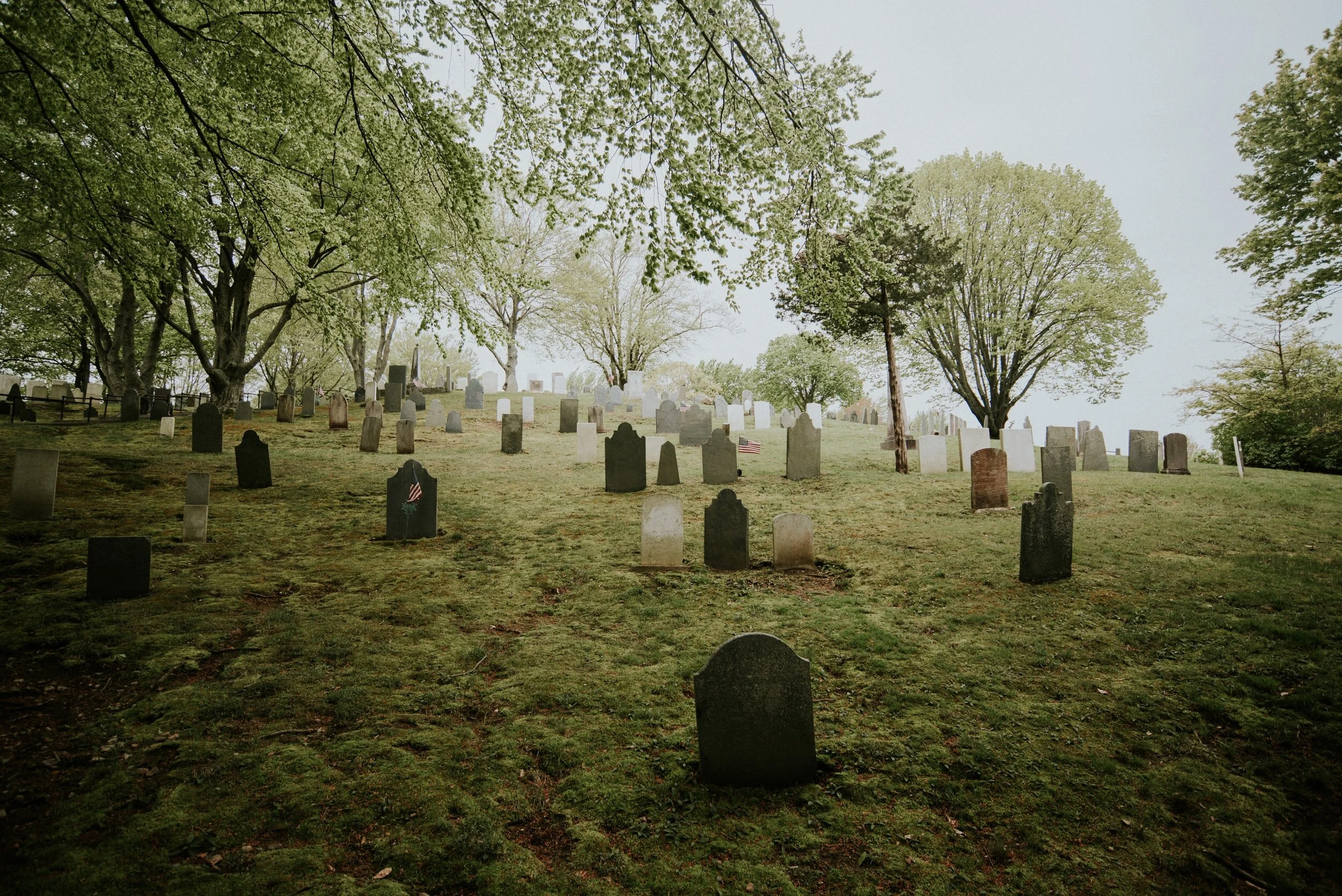Autumn in New York
Every year, Scorpio season kicks my ass. I experience a horrible rollercoaster of emotions. I barely know what to do with myself because every bit of me feels so scattered. Still, Autumn is my favorite time of year. It’s nostalgic, comforting, familiar. It’s also sightly, decorated with colors that bring me joy. When I was in fourth grade, my parents took my brother, sister, and me to see Lion King on Broadway. I decided I’d move to New York City to fall in love - with myself, with another person, with the world. Years later, I moved to Brooklyn and started a life amidst the noise and chaos of an unforgiving, global pandemic. I’m twenty-two years old and still searching for the love I dreamed of as a child.
In fourth grade, I knew I was beautiful. I wanted to be a writer or a lawyer. I wanted to change the world and make it brighter, safer. I loved to read, swim in the ocean, play soccer, and dance. I loved to perform in front of dozens of people. I adored my creative talents. It was the first year my mom allowed me to pick out my own clothes before school. I felt so confident in my silly, sparkly outfits. It was also the year I stopped biting my nails and started feeling curious about boys. In fourth grade, I knew exactly who I was.
As I grew older, the world became less kind and narrower, even as parts of me became more expansive. I felt cornered by various aspects of my identity (or, rather, the meanings and value - or lack thereof - that had been assigned to them). I fell in love with my Blackness and out of love with my body. And, like many girls socialized into the paradox of heterosexuality, I pined for the attention and validation of boys. In classic Scorpio Moon fashion, I flirted with fairytales. I was enamored by the beauty of places I’d never visited and people I’d never met. I was often embarrassed by my private thoughts, which screamed unabashedly whenever I was alone. I'm less embarrassed by the intensity of my emotions since I've learned the healing language of poetry and music.
In recent years, I wrestled with questions of beauty beyond my own desires. This room for nuance was painfully necessary, seeing as I was conditioned for years to view everything in binaries. During some undefined moment of my adolescence, I learned that some people got to be beautiful in appearance and others possessed inner beauty. At fifteen, I certainly felt that I belonged in the latter category. Consequently, I spent the entirety of my adolescence hiding myself, my envy, my pain, my disillusion.
I was seventeen years old when I got into UCLA. I was thin and pretty. Few people remember the smallness and turmoil that defined me freshman year. Having lost a lot of weight in the summer before college, I thought I had finally achieved desirability. And still, I felt unwanted and self-conscious. My joy was dependent upon my acceptance of a terrible lie - that thinness would bring me beauty which, in turn, would bring me happiness. I soon learned the gravity of that lie and its emotional consequences.
Nearly four years into remission from my eating disorder, I struggle with the same questions of body image, self-worth, and desirability. Nearly every person who matters to me has been in love or experienced romantic attachment, except me. It’s difficult not to internalize this as an indication of my own shortcomings (both physical and otherwise), yet here we are.
I often avoid detailing the thoughts I’ve sat with throughout my life for fear of spiraling or alarming others. No matter how lonely I become, no matter how tightly I burrow myself into the most cavernous, impatient regions of my mind, I remain hopeful that the thoughts I wrestle with remain unfamiliar to the people I love. I hope that they never find themselves sitting with the unbearable weight of feeling undesirable. The poet in me can never decide if my favorite kinds of moments are those that feel impermanent or the ones that beg to be remembered. Everyone around me seems to be living the kind of poetry I’ve always coveted. I don’t know what to make of that truth because it stings.
I don’t know how to participate in the world without feeling left behind. In an attempt to understand my mind and heart, I’ve unpacked loneliness in countless therapy sessions. I even thought I’d finally made peace with the jarring reality of my aloneness in the world. But post-grad life has taught me otherwise, jolting me back into disconnectedness. In recent years, I’ve done my best to be transparent with my friends about my envy regarding their capacity for intimacy. I do not wish to punish them for their joy. That’s cruel and selfish and not who I am. Nonetheless, it hurts to be left behind, time and time again.
As the old adage says, comparison is the thief of joy. Since high school, I’ve succumbed to harmful societal narratives about sexual desirability and self-worth. I religiously interpreted other women’s experiences of romantic and sexual intimacy as indications of my personal failure. I think of my best friends over the years, and wonder, what do they have that makes them desirable? What do I lack that renders me undesirable?
When I was in fourth grade, I knew I was beautiful. I wanted to be a writer or a lawyer. Today, I am a teacher. I am deeply fulfilled by the experience of loving and educating thirty-eight brilliant children every day. In fourth grade, I wanted to change the world and make it brighter, safer. I loved to read, swim in the ocean, play soccer, and dance. I still want those things. But I’m learning the world need not grow any smaller as I embrace what is meant for me - even if these new realities are painful to accept, even if I am no longer the girl who dreamed of love in its many forms.
-Graciela Barada
Graciela (she/her) is a 23-year-old 5th grade History teacher living in Brooklyn, NY. Graciela was born and raised in DC in a bilingual immigrant household and attended UCLA where she double-majored in Gender Studies and African American Studies. Prior to the pandemic, Graciela worked as an English Teaching Assistant at the University of Cartagena in Colombia as a 2019-2020 Fulbright grant recipient. Graciela is passionate about poetry, education, film, travel, and exploring issues related to identity and culture.






















